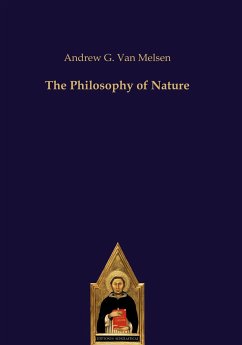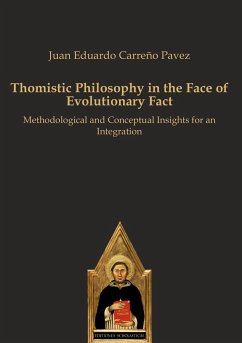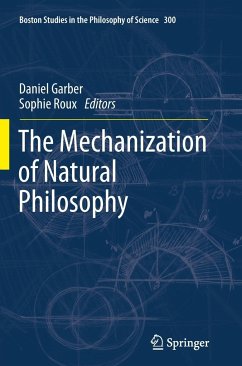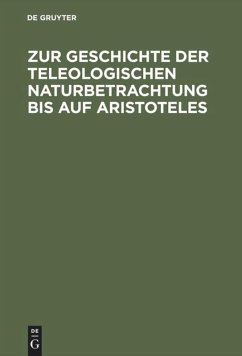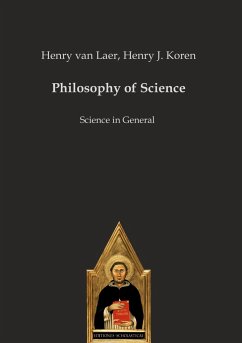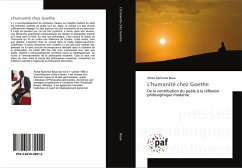
Marxist philosophy of nature
Versandkostenfrei!
Versandfertig in 6-10 Tagen
36,99 €
inkl. MwSt.

PAYBACK Punkte
18 °P sammeln!
High Quality Content by WIKIPEDIA articles! There is no specific "Marxist philosophy of nature", as Karl Marx didn't conceive of Nature as separate from Society. As the young Marx exposed in the Economic and Philosophical Manuscripts of 1844, labour transforms Nature which becomes the "inorganic body" of Man. In the same way, Marx's conception of "human nature" (Gattungswesen) is problematic, since he opposed himself to the traditional conception of an eternal human nature which remained the same in all places and times. Later, Friedrich Engels wrote the Dialectics of Nature (1883), in opposit...
High Quality Content by WIKIPEDIA articles! There is no specific "Marxist philosophy of nature", as Karl Marx didn't conceive of Nature as separate from Society. As the young Marx exposed in the Economic and Philosophical Manuscripts of 1844, labour transforms Nature which becomes the "inorganic body" of Man. In the same way, Marx's conception of "human nature" (Gattungswesen) is problematic, since he opposed himself to the traditional conception of an eternal human nature which remained the same in all places and times. Later, Friedrich Engels wrote the Dialectics of Nature (1883), in opposition to German Naturphilosophie. Marx and Engels' thought was then codified into "dialectical materialism", which is what is usually referred to when speaking of a "Marxist philosophy of nature". Such a doctrine was rejected by several Marxist philosophers, starting by Georg Lukács and Walter Benjamin.



